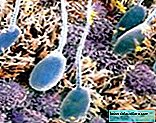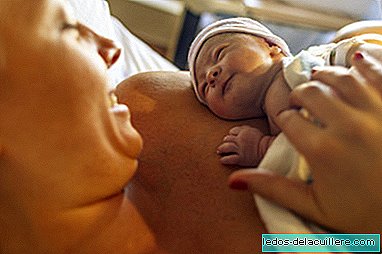
In a study conducted by the Lawrence Berkeley National Laboratory in the United States they inform us that the genetic quality of sperm deteriorates with age and they also tell us that delaying paternity can increase the probability of transmitting some genetic diseases to children.
After analyzing sperm samples from 97 healthy males between 22 and 80 years old, a DNA fragmentation (deoxyribonucleic acid) and a mutation in a gene that causes achondroplasia (genetic disorder of bone growth that is evidenced from birth) or dwarfism were discovered This sperm problem increases steadily with the age of the individual. Apparently, these are the genomic damages with the greatest impact, since the study ruled that there was no other type of DNA damage that could seriously affect them. That a man is older does not imply that there is greater chromosomal loss that can cause diseases such as Down syndrome, unlike women. In addition, it was also found that the tests performed to determine sperm quality are not entirely reliable to verify any possible genomic damage.
The quality of sperm must be analyzed through several different tests, since there are genomic damages that change with age and others that do not, so a single analysis is not enough to determine and guarantee the adequate state of sperm.
Delaying the age to have a child is harmful to both women and men, it is important to respect the "safety margins" to try to ensure that the baby is born healthy.
The study has been published in the digital magazine "Proceedings of the National Academy of Sciences".












